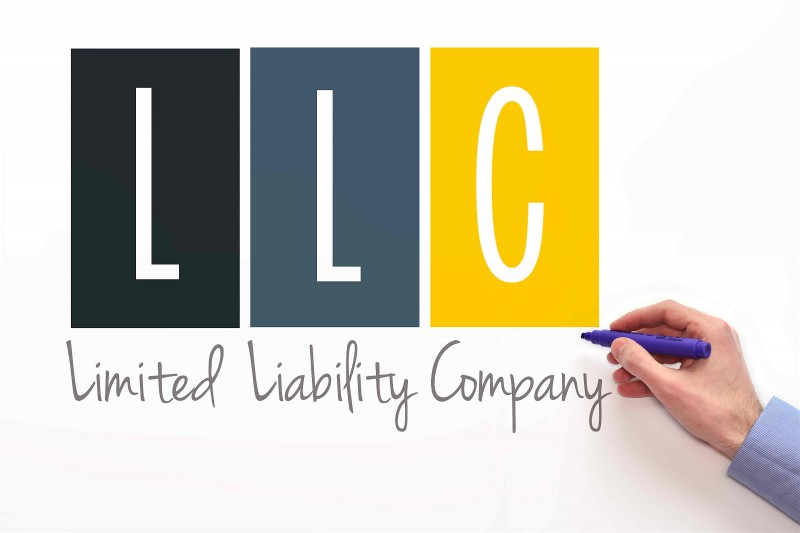Boost Performance
Advantages of an LLC
A lot of small businesses are established as LLCs (Limited Liability Companies) because of the numerous gains over other firm entities. A limited liability company matches specific positive attributes of a single partnership, proprietorship, and corporation without most of the hiccups of these firms. Laws regulating LLCs also vary depending on the location, for instance, Florida LLC. However, here are the main benefits LLCs provide for new firms.
Control

Business owners are self-beginners who fancy charting their courses. Most areas recognize a singles owner or member LLC. This means one can make their business choices without the need to consult or receive approval from other parties in a board of directors in a firm or a general partnership. Similar to a single proprietor, you manage, own, and control your company. Nevertheless, without your respective duties and obligations. This way, you can structure your business in a way that you fancy and suits your company’s needs.
Limit Your Liability
A limited liability company is observed as a legal entity separate from its owners. Like shareholders of an organization, LLC owners can lose their capital contribution to a company. Nonetheless, the owner’s assets, such as individual bank account or home, do not get put at risk of serving as collateral. Like other firms, the owner is still liable in some cases. Such an instance is when personally guaranteeing a company’s debt or a breach of the user’s obligation to the LLC.
Taxation
Standard businesses face the hardship of double taxation. The firm’s profits are taxed as incomes and shareholders have to pay income taxes on all dividends. Limited liability companies get a “pass-through” permitting earning to get taxed once on each member’s income tax return. Also, on top of the pass-through, owners can deduct 20% of their company’s earnings with a 20% pass-through cut established under the Tax Cuts & Jobs Act.

Fewer Hassles and Paperwork
Creating and maintaining an LLC is less complicated and doesn’t need much paperwork, either compared to corporate entities. A limited liability company registers its existence by filing reports of firms and paying a charge to the relevant body, in most cases, the secretary of state. The report spells out all the required information. An LLC owner does not have to worry about meetings and reporting requirements once the report is submitted. However, LLCs do have a yearly charge and filing obligation.
The information above is to help you understand the essence of starting a business as an LLC. If you are looking for a great start in the business sector, LLCs are the right start.…
